Next to forgetting to pack something important, such as your passport, arriving at your destination to discover your luggage has been lost is one of the most dreaded travel emergencies. In fact, the fear of being separated from their bags is so great that many travelers go to great lengths to avoid checking a bag altogether. But if you do find yourself in a predicament where your belongings have gone missing, there are a few essential things to keep in mind to prevent your entire trip from getting derailed. Read on for a step-by-step guide on how to deal with lost luggage, according to travel experts.
RELATED: 10 Essential Tips for Packing Light.
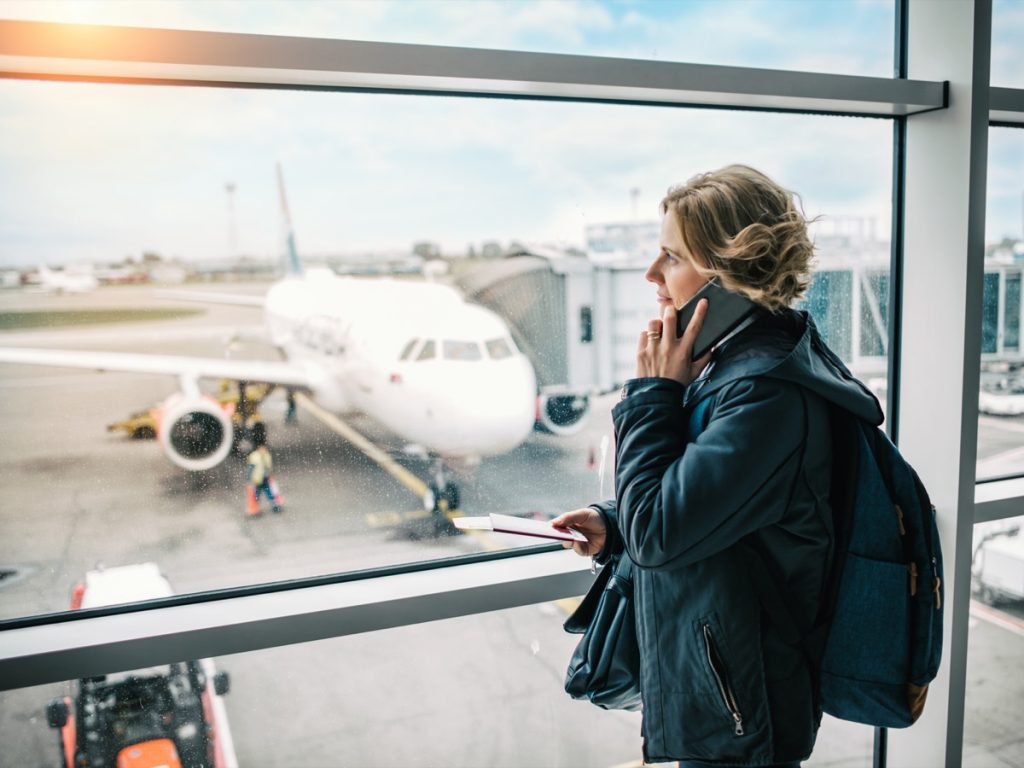
Whether it’s due to a systemwide technical error, severe weather, or simply bad luck, having a bag go missing on any leg of your trip can be a monumental headache. If you’re hoping to get things resolved as quickly as possible, it’s best to start the process of finding your belongings immediately.
“As soon as you realize your luggage is missing, find your airline’s representative and file a claim with them before you leave the airport,” says Cody Candee, CEO and founder of travel tour company Bounce. “If you can’t find a representative, source their contact information and give them a call.”
After this, you’ll likely be asked to file a lost baggage report and provide a description of the color, make, and model of your luggage.
“If you don’t hear back from the airline after three days, it’s best to update your claim with more specific details about the contents of your bags,” he suggests.
Time really is of the essence in this situation. “Both my credit card company and the airline told me that items are very unlikely to be recovered after 72 hours,” says Amber Haggerty, the travel blogger behind Amber Everywhere.

Arriving without your belongings doesn’t mean you have to scrap your travel plans. But don’t expect to get any cash for your troubles right away.
“Whether your luggage is lost or delayed, travel insurance can reimburse you to replace essential items like clothes and toiletries so that you can continue on your trip,” says Becky Hart, travel expert and content marketing strategist at Seven Corners Travel Insurance. “It’s a common misconception that you’ll get money upfront to buy these items. In reality, travel insurance pays you back for replacement belongings.”
Once you do make purchases, you should keep hold of your receipts so you can be fully reimbursed.
“To make your claim for lost luggage more likely to be approved, make sure you check what the airline considers reasonable or necessary expenses and only replace what has been lost,” Candee says.
RELATED: 7 Surprising Items TSA May Flag You for at Airport Security.
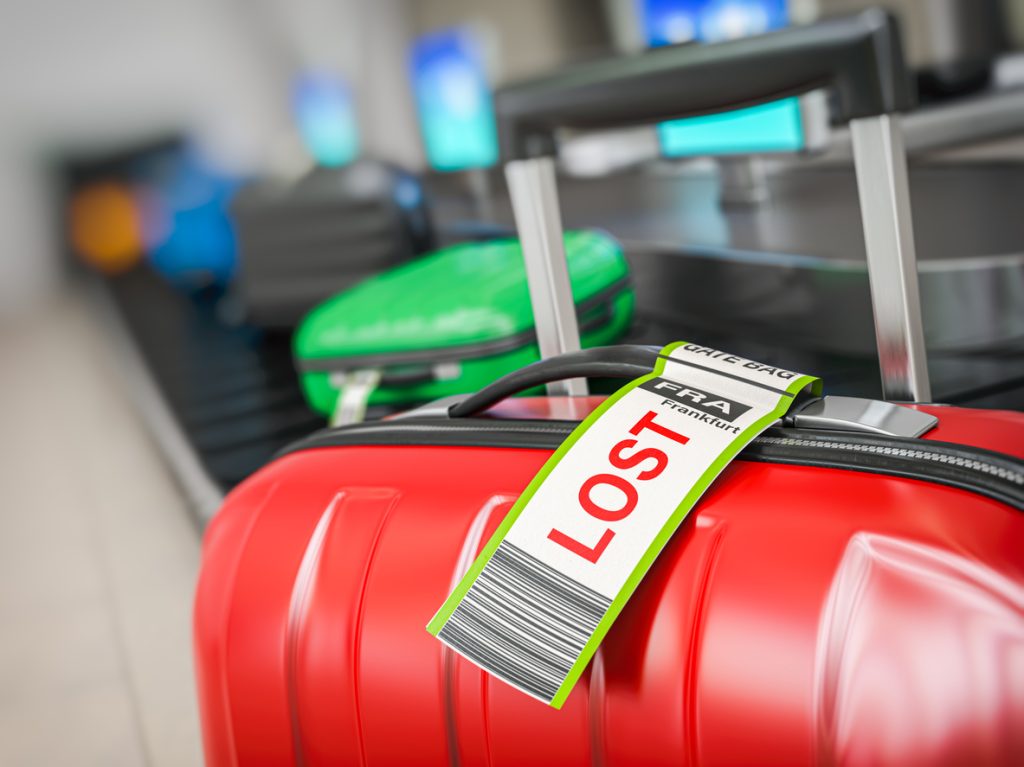
Passing along all the information needed to help locate your luggage is enough of a chore without having to physically come pick it up. Fortunately, if your bags do turn up, you might be able to save yourself a return trip to the airport.
“After you’ve reported your luggage lost, most airlines will deliver it to you for free if it’s found, although this isn’t always the case, so make sure to clarify this from the outset,” Candee tells Best Life. “Ask a representative to have your luggage delivered to your accommodation or your home address if this is possible.”
He adds that it’s best to exchange contact details with the airline and ask for a tracking number to check up on the delivery of your bags.
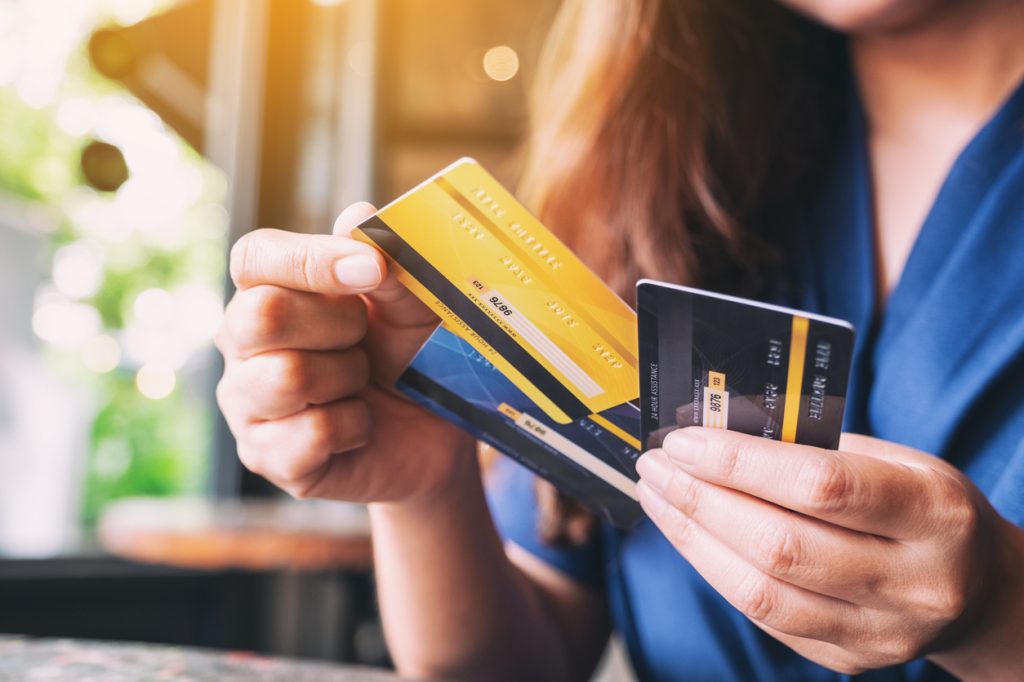
Credit card companies offer plenty of perks to entice new customers. In many cases, these include travel insurance that could come in very handy when your bags go missing. Haggerty tells Best Life she was recently able to use coverage included with her American Express Platinum card for lost baggage.
“Specifically, I lost my cell phone in the boarding area of JFK and was unable to retrieve it through the airport lost and found,” she says. “In the end, Amex covered the entire cost of the lost phone after I submitted claim paperwork like the original receipt of purchase, proof I attempted to file a claim with the airline, and proof I submitted it to the official lost and found database.”
However, there are still caveats. In order to use the credit card’s insurance, Haggerty explains you have to use the card to book the flights.
“And be aware that some credit cards, like Chase Sapphire, may require you to book the flight through their travel portal, instead of just using the card to book travel on the airline’s website,” she adds.
RELATED: 30 Must-Pack Travel Essentials Under $25.
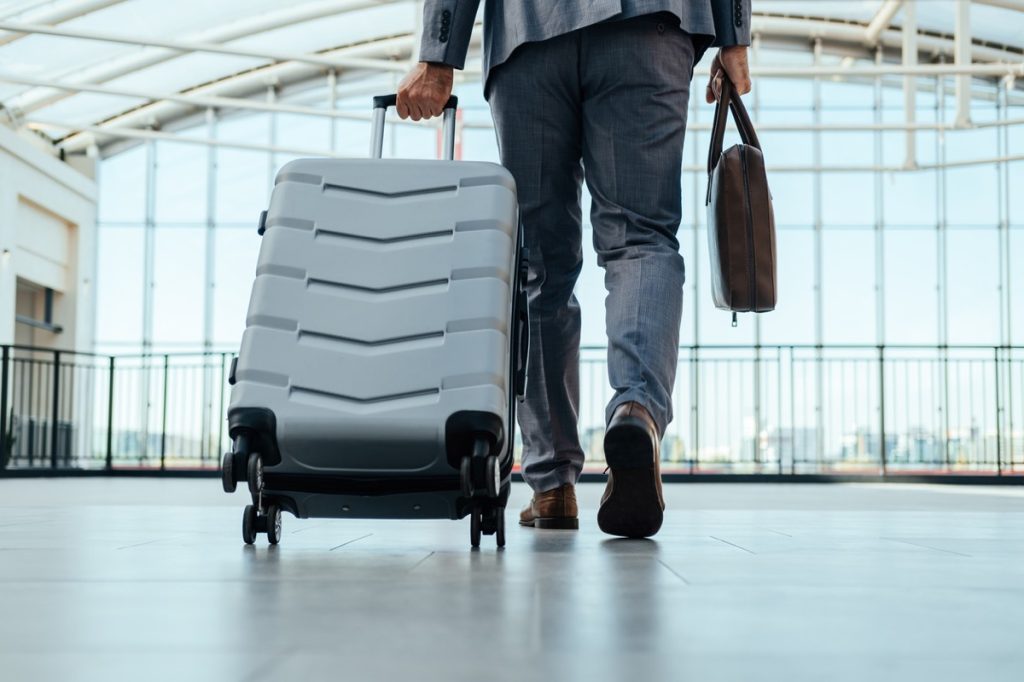
A lost luggage report usually requires you to describe what your missing bags look like. Taking an extra moment before handing them off can help improve your chances of being reunited with your belongings.
“Taking a picture of your luggage before you check it in is an easy and effective way to make sure it doesn’t get lost and to make it easier to find if it does,” says Hans Mast, a travel agent with Golden Rule Travel. “A clear, recent picture of your luggage gives airline workers a good idea of what to look for if your bag goes missing. This can make the process of identifying your bag much faster, especially if the tags on the outside get damaged or come off.”
Worried your shots still won’t help? Be sure to include photos of your luggage taken from different angles and make sure to catch any markings or features that make it stand out, Mast suggests.
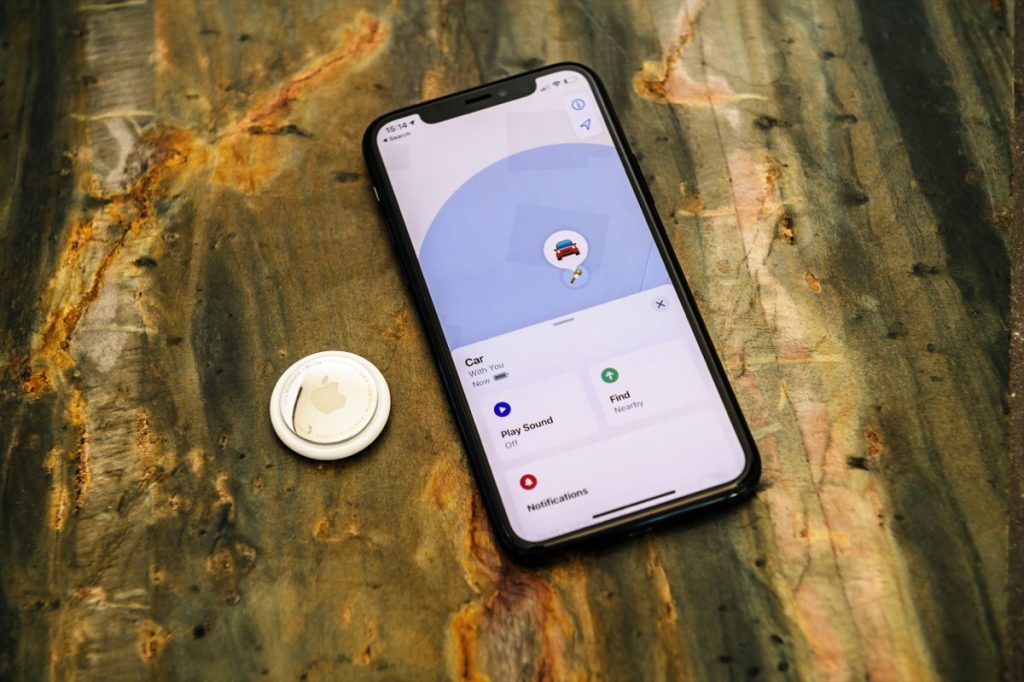
Even if you’re handing your bags off to gate agents, knowing where they are at all times can give you peace of mind. Fortunately, technology now allows us to do just that with one tiny object.
“Before you even have the chance to lose them, equip all bags—checked or not—with AirTags or the equivalent,” says David Rimmer, CEO of AB Aviation Group. “They are invaluable in knowing where they are at all times and can help detect if your bags are simply sitting in the airport or have been stolen.”
He explains the small devices recently helped him track his belongings when they were lost during a trip.
“Even though we were separated, I knew my bags were sitting in Beijing well before Emirates acknowledged it and was comforted that they were untouched until being put on a flight home,” he says.
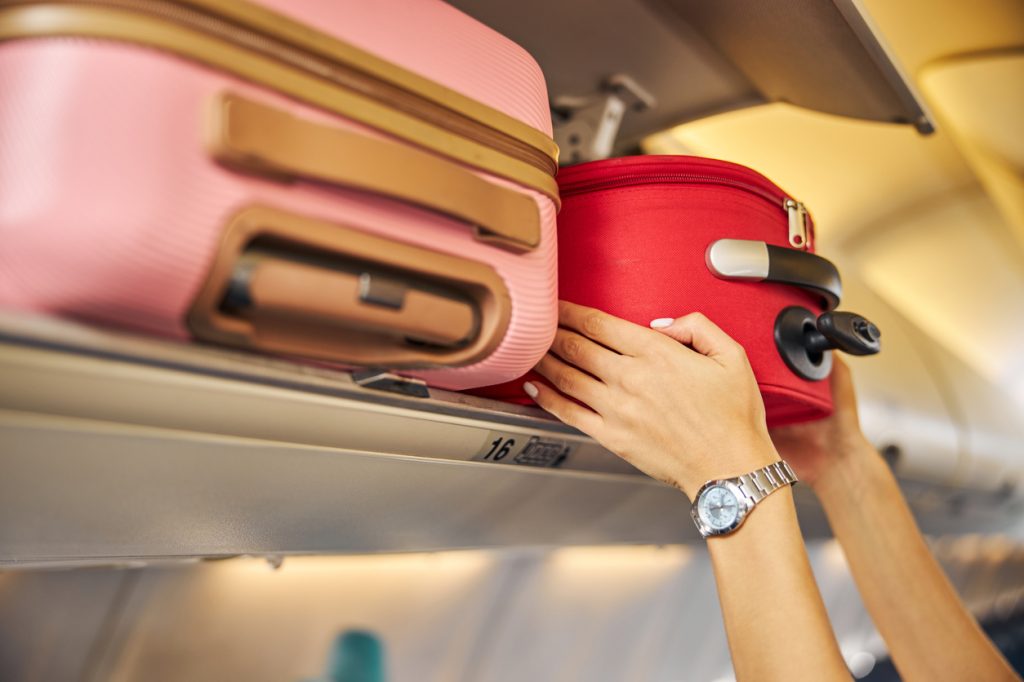
There are some trips where avoiding a checked bag simply isn’t an option. But while it might mean lugging a little more through the airport, you’ll be glad you packed your carry-on with essentials should your checked luggage be lost or delayed.
“Like they always say: ‘Expect the worst, hope for the best,'” says Jenny Desmond, founder and president of Vive Mas Tours. “If you pack with a change of clothes in your carry-on, medication, toothbrush, and other vital items, then if will be a lot easier to manage if your bag is delayed.”
If you can help it, she says that going carry-on only is always the best answer.
“If you pack enough clothes for five days, you can get them in a carry-on,” Desmond says. “Investigate if you can pay to have clothes laundered during your travels.”
